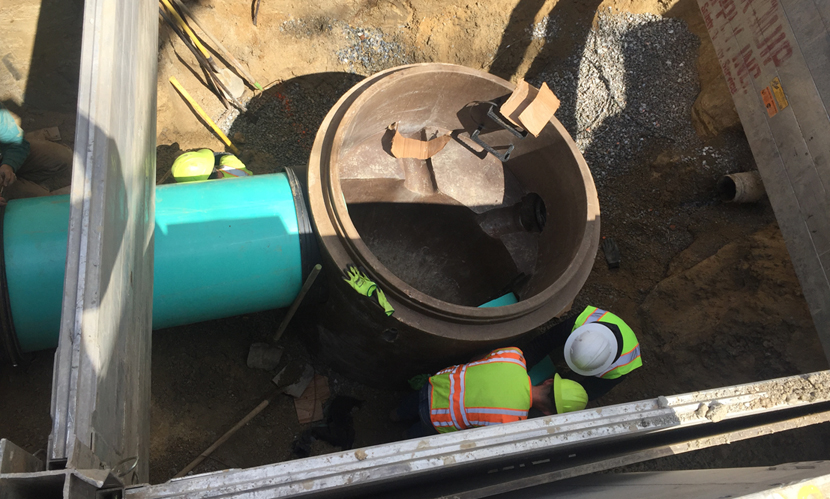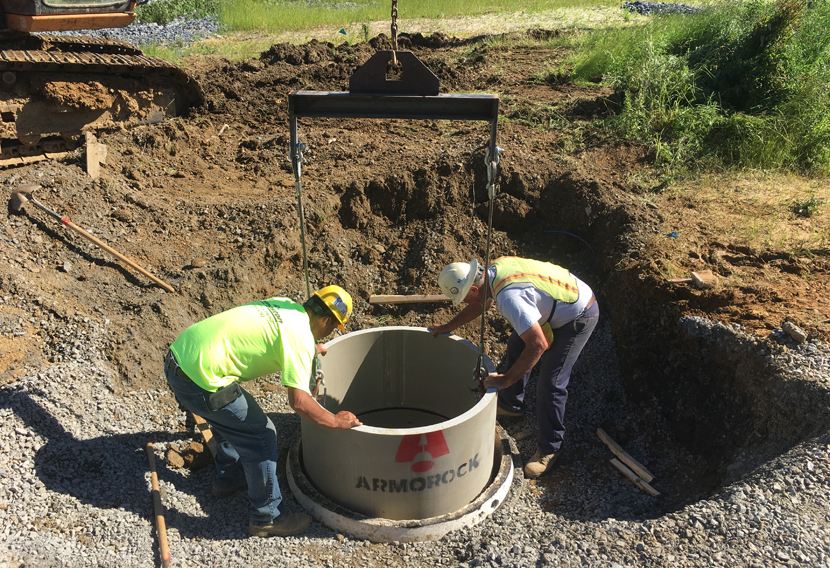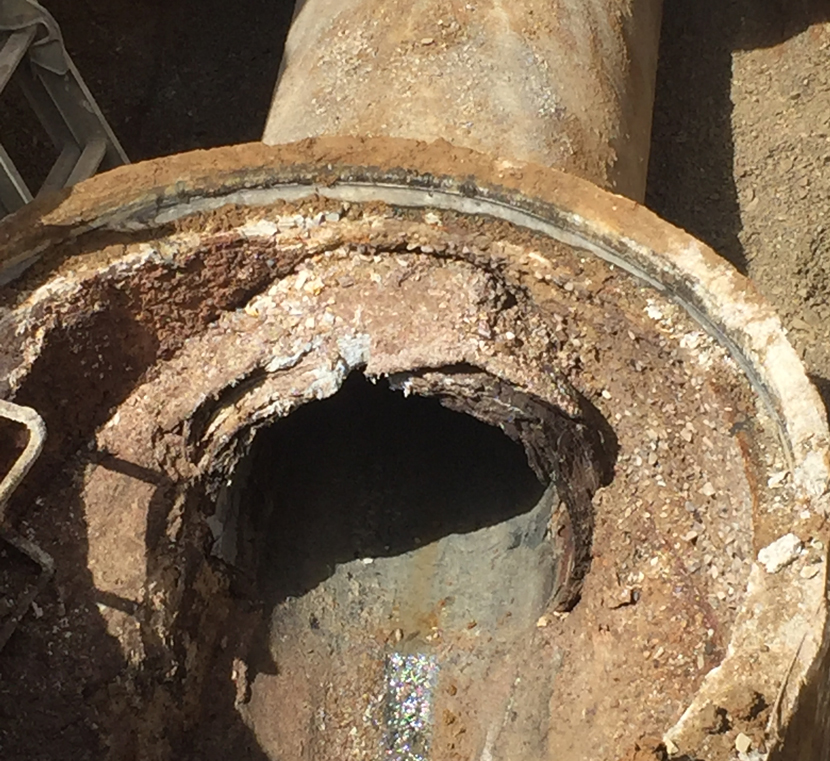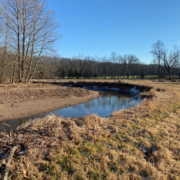Polymer Concrete Manholes Offer Longer Life and Less Disruptive Construction Process for Sewer Systems with Different Needs
Regularly replacing deteriorated concrete manholes is an expense (and inconvenience) that most sewer systems have learned to live with, but what if they didn’t have to?
We recently incorporated polymer concrete manholes into the design for two of our clients and wanted to share the benefits of this technology with other clients who might be considering manhole repair projects in the near future.
The West Goshen Sewer Authority wanted a long-term structural solution to the hydrogen-sulfide-based Microbial Induced Corrosion (MIC) in its system. We designed 60-inch polymer concrete manholes to replace the severely deteriorated, precast concrete manholes they had on a 30-inch interceptor because polymer concrete is known for its corrosion resistance and 50-year life expectancy.

The Lower Swatara Township Municipal Authority wanted to rehabilitate a 48-inch, precast concrete manhole downstream of a force main discharge. Like West Goshen’s manholes, this one was also severely deteriorated due to hydrogen-sulfide-based Microbial Induced Corrosion. Therefore, the corrosion-resistant properties of polymer concrete seemed like a natural solution, but the polymer provided an additional advantage: Its superior strength allows for thinner walls. Lower Swatara’s manhole was located between a state road and a land development project that would be changing the finished grade at the manhole. They needed to rehabilitate the manhole to a new finished grade while minimizing bypass pumping across the state road. The new polymer concrete manhole insert was sized to fit inside the existing manhole, and bypass pumping was unnecessary.

Polymer concrete has existed for several decades, but, for most of that time, it was too expensive for sewer systems to use. Technology has advanced, and the price has come down significantly. Leading edge systems are considering its benefits more and more. Chief among those benefits is corrosion resistance.
Wastewater contains bacteria that naturally produce hydrogen sulfide gas (H2S). This gas leads to Microbial Induced Corrosion (MIC), which eats away at conventional concrete.
To prevent this, sewer systems traditionally use sulfate-resistant Portland cement, which can provide moderate resistance against MIC. In severe situations, sewer systems use concrete additives, coat the concrete, or line it with PVC or HDPE. Polymer concrete provides sewer systems with another option to prevent damage where high levels of H2S-based MIC is present.

A badly corroded manhole
Many manufacturers produce polymer concrete for sewer system applications. Some use steel reinforcement, while others use fiberglass rebar. Some provide a 50-year warranty for their manholes.
But polymer concrete can be used for more than manholes; it can also be used for pipes and other structures (such as wet wells), too.
An engineer can help you evaluate whether polymer concrete is the right choice for your sewer system and what type will perform best for your particular needs.
Call us to discuss the condition of your sewer system and whether polymer concrete could benefit you.
 Matthew Cichy, P.E., is a senior project manager in HRG’s water and wastewater group. He is an expert in sewer system design, construction, and long-term asset management. His experience includes water distribution systems, wastewater collection and conveyance systems, pumping stations, and water and wastewater treatment plants.
Matthew Cichy, P.E., is a senior project manager in HRG’s water and wastewater group. He is an expert in sewer system design, construction, and long-term asset management. His experience includes water distribution systems, wastewater collection and conveyance systems, pumping stations, and water and wastewater treatment plants.








